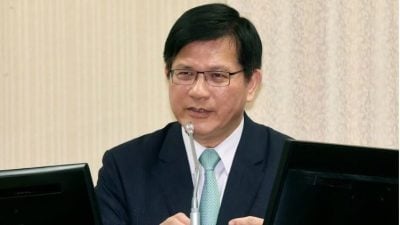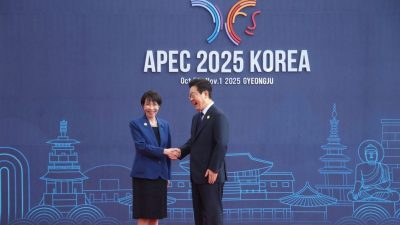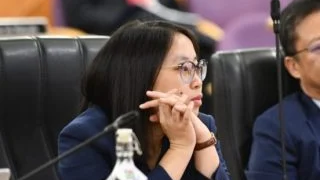As the world grapples with geopolitical realignments and economic uncertainties, institutions like APEC and ASEAN must stand as a beacon of multilateralism, resilience, and innovation, especially in fostering deeper cooperation and consensus-based decision-making.
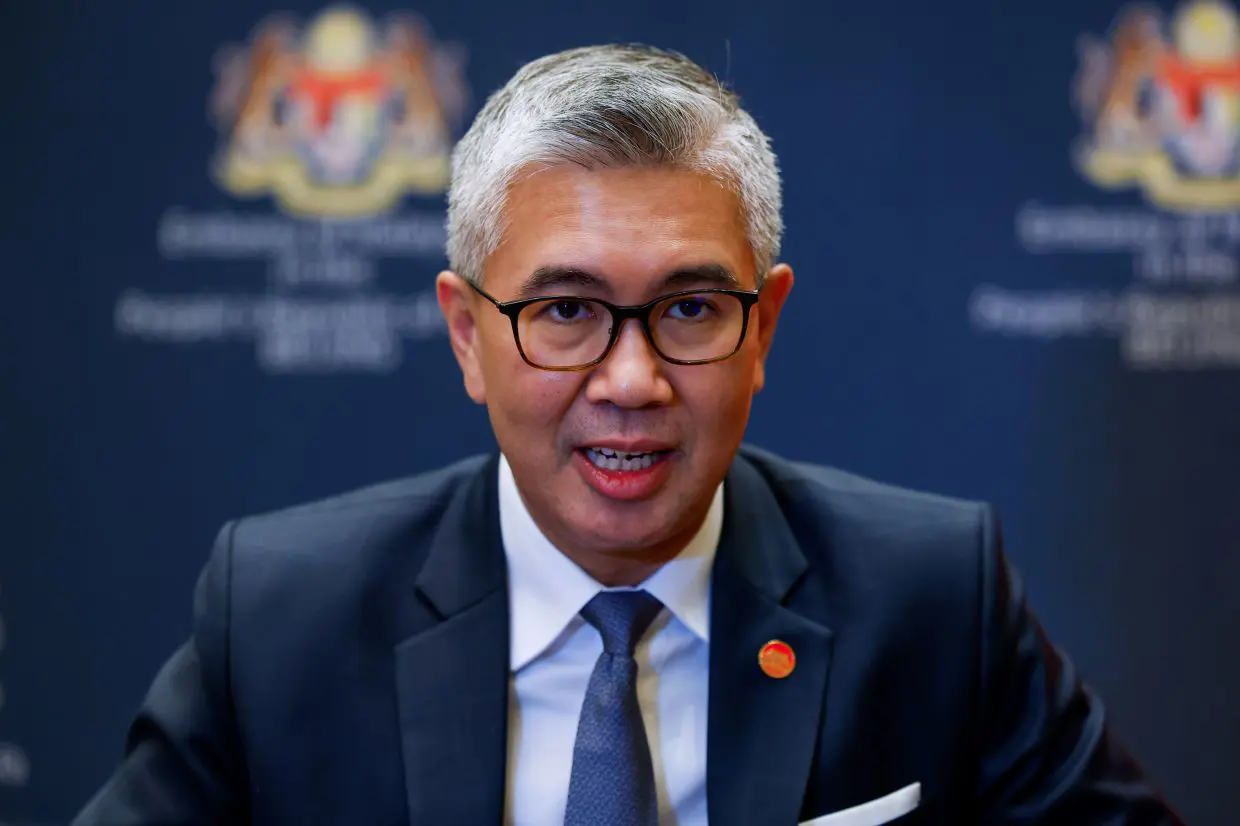
It has been a busy November for me, having first accompanied the Prime Minister on his visit to CIIE in Shanghai and Beijing, then to Egypt before we headed to the 31st Asia-Pacific Economic Cooperation (APEC) Economic Leaders’ Week (AELW) in Peru.
It is a gruelling schedule but international engagements, including forums like APEC, are crucial to Malaysia, particularly given the geopolitical developments in recent years.
As early as 1989, Malaysia became one of the founding economies of APEC, which arguably remains a cornerstone of regional economic integration and collaboration.
This year’s APEC, with the theme of “Empower-Include-Grow” sought to tackle pressing challenges and reinforce commitments to inclusivity and sustainability.
This was particularly significant given Malaysia’s upcoming chairmanship of ASEAN in 2025 and the recent re-election of Donald Trump as US President, introducing new variables into the global “chess board” of economic prowess and positioning – something everyone was talking about in Lima.
APEC’s continued economic significance
Being part of APEC matters to and benefits Malaysia on several fronts.
First, with a combined population of 3 billion, APEC’s 21 member economies represent approximately 62% of the world’s GDP and 47% of global trade. Aside from trade, APEC also facilitates investments, capacity building and knowledge sharing.
In 2023, APEC’s GDP grew by 3.5%, surpassing the global growth rate of 3.2%. This was driven by robust household spending and a resilient services sector, notably the recovery of travel and tourism.
The same 3.5% growth rate is forecast for APEC in 2024. Although geopolitical uncertainties, trade protectionism, and commodity price fluctuations may temper growth to 3.1% in 2025, there is undoubtedly resilience in our combined strength.
In terms of enhancing trade, as of July 2023, member economies had signed a combined total of 212 free trade agreements (FTAs), with 202 in force.
Notably, 74 of these FTAs are intra-APEC, involving at least two member economies, and to good effect for us – in 2023, APEC economies accounted for 78.1% or over RM2 trillion of Malaysia’s total trade, while contributing 57.2% or RM107.8 billion of total approved investments across all sectors in Malaysia.
In short, one can safely presume that the APEC membership has supported Malaysia’s economy in a big way.
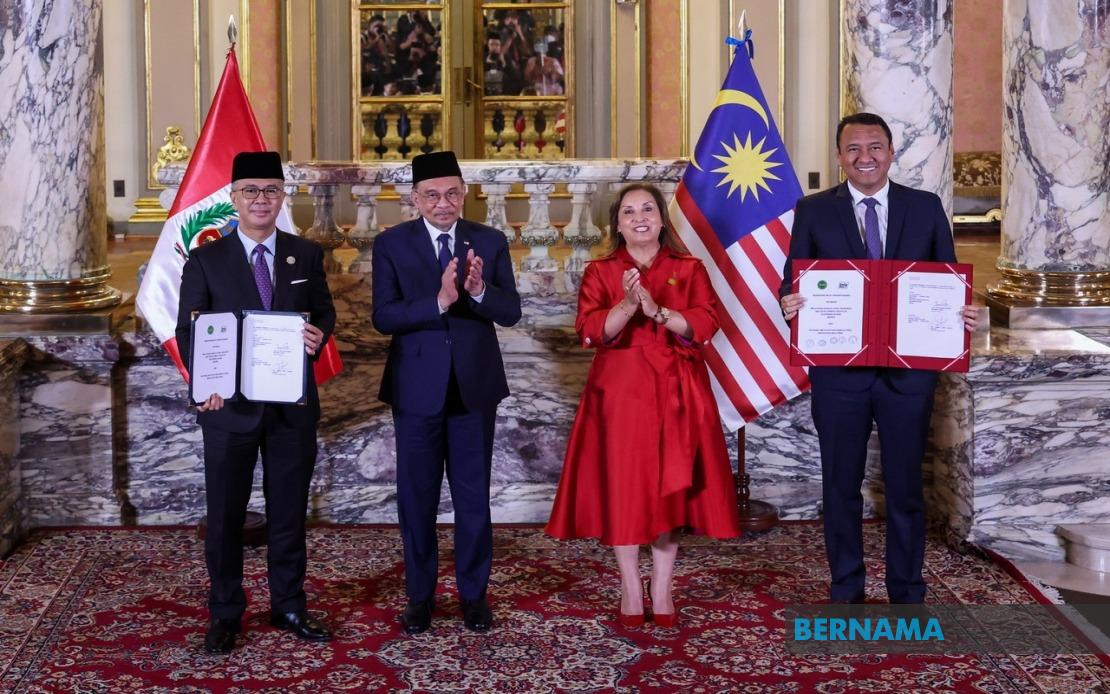
APEC and Malaysia’s 2025 ASEAN chairmanship: A synergistic opportunity
Meanwhile, Malaysia intends to leverage its Chairmanship of ASEAN in 2025 to bring about synergistic benefits between the APEC economies and the ASEAN member states, seven of which are also in APEC. ASEAN, arguably is also at the heart of APEC geographically, strategically and economically.
This rare dual-role opportunity places Malaysia in a unique position to strongly advocate for both forums to pursue a balanced, non-polarising approach in the Indo-Pacific, with a clear call to action for member economies to deepen their collaborative focus on inclusivity, innovation, equitable growth and sustainability.
Indeed, Malaysia’s 2025 ASEAN Chairmanship theme of “Inclusivity and Sustainability” is very much aligned to APEC’s 2024 theme, as both frameworks seek to prioritise the digital economy, green technologies, and support for small and medium enterprises, to pave the way for regional stability and shared prosperity.
A rules-based international system is key
But APEC’s most important contribution moving forward might be it role in enshrining a multilateral, rules-based international system.
Trump’s return to the US presidency resurrects concerns that his previous “America First” policies will result in a further retreat from multilateralism, vis-à-vis APEC and other regional frameworks, although admittedly, the new administration’s official policies will only be known post-inauguration of the new US President.
However, I would likewise posit that this development also presents us with opportunities. APEC has been and can continue to serve as a platform for the US to engage constructively with the region on economic issues like supply chain resilience, strategic resources and digital trade.
Indeed, we are hopeful that the new Trump administration will approach global trade with pragmatism and a clear view of the mutual benefits of multilateral engagement, which will complement APEC’s cooperative ethos.
APEC has proven its effectiveness in fostering cooperation among diverse economies, enabling them to address shared challenges such as economic inequality.
In the context of APEC, adherence to an agreed-upon rules-based system facilitates trade liberalization, investment flows, and economic integration to promote stability in international relations.
It also provides mechanisms for dispute resolution and the enforcement of agreements, which are crucial for maintaining trust.
Moreover, a rules-based system upholds the sovereignty of nations while encouraging them to collaborate on global issues.
This balance is key to avoid unilateral actions that can lead to conflicts and economic disruptions.
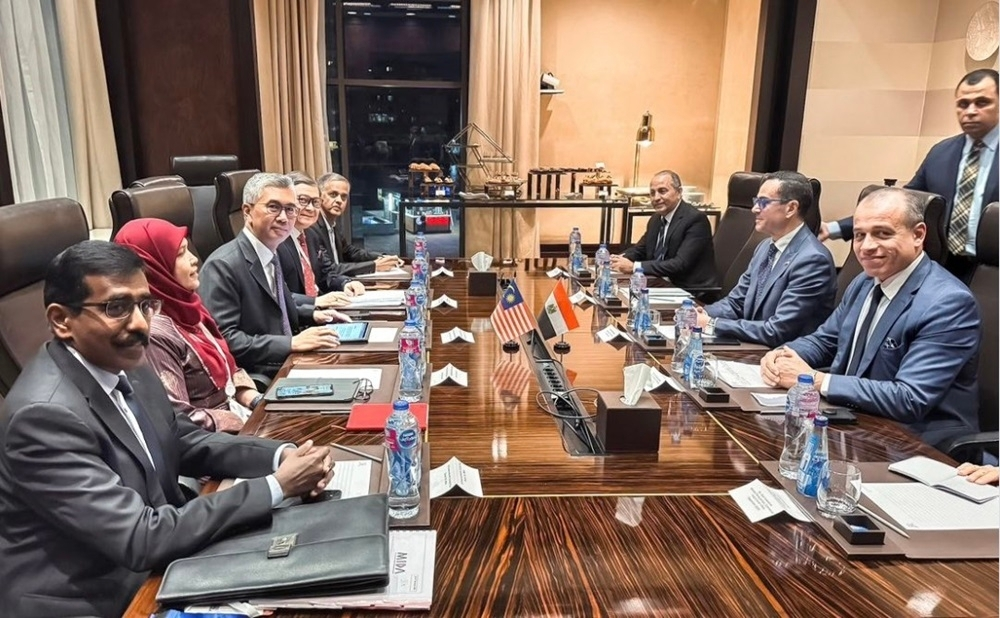
Cooperation, not conflict, for global progress
The US and China, as the two largest economies within APEC, remain pivotal to the world’s economic trajectory.
This year, their economies are expected to grow by 2.5% and 4.8%, respectively. In the long run, concord between the US and China is the best outcome for not only their peoples, but also the wider world.
While we may not agree on everything, I believe the Trump White House will find Malaysia, as well as APEC and ASEAN willing to engage with them to ensure peace, stability and prosperity in our region and beyond.
When it comes to trade and investment, we believe Malaysia’s neutrality is valuable, not only to our own foreign and economic policies, but also as a bridge between rival powers.
Ours is neutrality in engagement, not in isolation, to help address global supply chain vulnerabilities, economic shocks, and climate-related disruptions.
Regardless of what is happening globally, Malaysians can rest assured that the government will continue to proactively navigate whatever implications arise to protect the rakyat’s interests.
Indeed, recent geopolitical developments validate our strategy to be friends to all, without suppressing Malaysia’s strong views on glaring global injustices.
Indeed, our continued participation in international forums like APEC, as well as new ones like the BRICS reflect Malaysia’s desire for more constructive engagement to bring about a better counterbalance of superpowers in the global world order.
As the world grapples with geopolitical realignments and economic uncertainties, institutions like APEC and ASEAN must stand as a beacon of multilateralism, resilience, and innovation, especially in fostering deeper cooperation and consensus-based decision-making.
When all is said and done, the world’s ability to thrive for the many needs more, not less constructive multilateralism.
(Tengku Zafrul Tengku Abdul Aziz is the Minister of Investment, Trade and Industry, Malaysia.)
ADVERTISEMENT
ADVERTISEMENT








